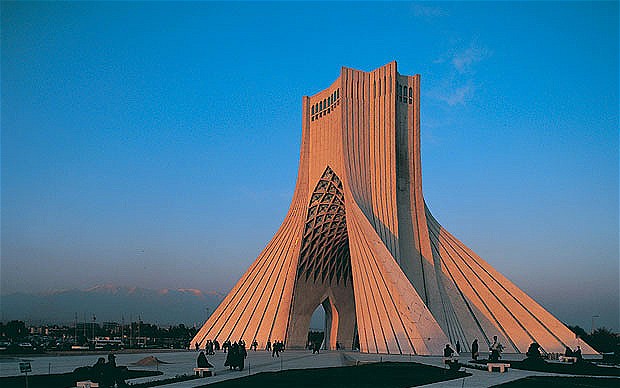The Middle East “remains a dangerous neighborhood.” Those were President Obama’s words in 2016 when he announced a new agreement to provide Israel $33 billion in U.S. defense assistance, known as foreign military financing (FMF), plus $5 billion in missile defense cooperation over the following decade – the vast majority of which will be spent in the United States. This 10-year memorandum of understanding (MoU) forms the centerpiece of America’s commitment under U.S. law to uphold Israel’s “qualitative military edge” (QME), which ensures Israel can counter military threats at acceptable cost to itself. It also represents a significant commitment to an ally, benefits the U.S. economy and American workers, and underscores Israel’s importance as an anchor for securing U.S. interests.
Israel now faces more urgent and intensive security threats than when this agreement was negotiated and signed – first and foremost Iran’s regional and nuclear expansion, which is on track to trigger a major Israel-Iran war that could impact the whole region. Yet the MoU locks in Israel’s procurement of U.S. defense articles at a constant annual level through 2027, by dividing up the $38 billion total evenly across ten fiscal years.
The U.S. government needs to shift forward, or “frontload,” these outlays in the MoU to help Israel continue to defend itself against these urgent threats and prepare for looming major conflict with Iran and Hezbollah. We provide options below for doing so but are agnostic about which might be best. Concomitantly, the United States should replenish prepositioned weapons stockpiles in Israel and/or loan Israel much-needed weapons.
Bolstering Israel’s military capabilities in these ways is both vital and urgent for U.S. national security. A strong and vibrant Israel is inherently in America’s interest, but with its own regional presence and future commitments uncertain, the United States increasingly depends on Israel to uphold Middle East stability and roll back rising aggression from shared adversaries like Iran.
Our paper aims to encourage serious thinking in both countries about how to accomplish this, by laying out financing options about how to accelerate Israel’s weapons procurement, without raising the annual cost of the MoU to the United States.









